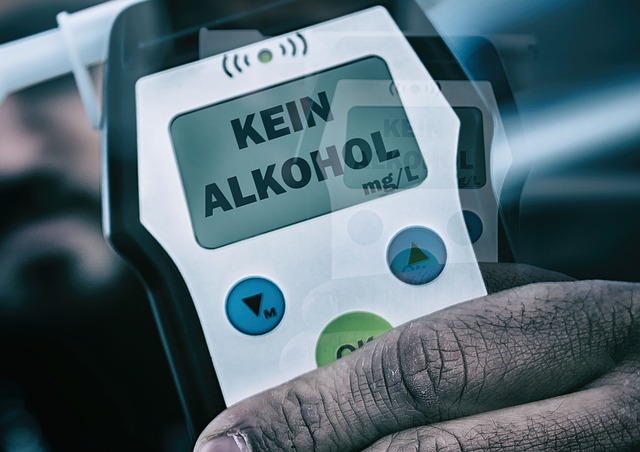Rural and urban colleges implement differing DUI legislation under zero-tolerance policies, shaped by local crime statistics and road safety concerns. Rural campuses tend to be more lenient due to lower drunk driving rates and less congested roads, offering alternatives to harsh penalties. Urban institutions enforce stricter regulations to manage heavier traffic volumes and dense social scenes, resulting in tougher penalties. These rural vs urban DUI legislation variations highlight the importance of customizing zero-tolerance policies to balance public safety with fairness for diverse student communities.
“In the realm of higher education, zero-tolerance policies for DUI (Drunk Driving Underage) have become a hotly debated topic, especially when contrasting rural and urban college campuses. This article delves into the intricate web of strict DUI legislation under Zero Tolerance, focusing on the disparities between rural and urban institutions.
We explore how these policies affect students’ lives, considering legal implications, disciplinary actions, and the overall student experience. By examining Rural vs Urban DUI Legislation, we aim to offer insights that challenge conventional wisdom and foster a nuanced understanding of campus safety measures.”
- Rural and Urban College Campuses: A Comparison of DUI Legislation under Zero Tolerance Policies
- Implications and Challenges: Examining the Impact of Strict DUI Laws on Students' Lives
Rural and Urban College Campuses: A Comparison of DUI Legislation under Zero Tolerance Policies

In the context of zero tolerance policies, rural and urban college campuses exhibit distinct approaches to DUI (Driving Under the Influence) legislation. Rural colleges often find themselves with more lenient laws due to lower population densities and less congested road networks. This allows for more flexibility in penalty structures, potentially offering educational or community service alternatives to strict criminal charges. In contrast, urban campuses are subject to stringent DUI regulations as a result of higher traffic volumes and dense populations. Their zero-tolerance policies typically mandate harsher penalties, reflecting the greater public safety concerns inherent in urban environments.
The divergence between rural and urban DUI legislation under zero tolerance is significantly influenced by regional differences in crime statistics and road safety data. Rural areas tend to report lower rates of drunk driving incidents and associated fatalities, leading to more lenient approaches. Urban centers, however, face elevated risks due to higher population mobility and dense social scenes, necessitating tougher measures. These disparities underscore the importance of tailoring zero-tolerance policies to align with local conditions, ensuring effectiveness in maintaining public safety without undue burden on certain communities.
Implications and Challenges: Examining the Impact of Strict DUI Laws on Students' Lives

The implications of zero-tolerance DUI (Drunk Driving Under Influence) laws on college campuses extend far beyond mere punishment, especially when considering the stark contrast between rural and urban areas’ legislation. In many rural communities, where colleges might be the hub of social activity, stringent DUI laws can lead to harsher consequences for students facing charges, often with limited public transportation options. This disparity may result in increased academic and extracurricular challenges for those convicted, as they struggle to balance their legal obligations with attending classes and participating in campus life.
Moreover, these laws can disproportionately affect students from lower-income families or diverse backgrounds who might lack the resources to navigate complex legal systems or secure alternative forms of transportation. The impact on their academic success and future prospects may be significant, highlighting the need for nuanced approaches that consider both public safety and the unique circumstances of college students in different geographical settings.
In comparing rural and urban college campuses, it’s evident that zero-tolerance DUI policies significantly differ in their application. While these strict laws aim to promote safety, their impact on students’ lives reveals complex implications. Rural areas often face unique challenges in enforcing such regulations due to lower population densities and limited transportation options, whereas urban campuses grapple with balancing public safety and the autonomy of young adults. Understanding the nuances of Rural vs Urban DUI Legislation is crucial for creating more effective and equitable policies that protect students without unduly hindering their educational experiences.






